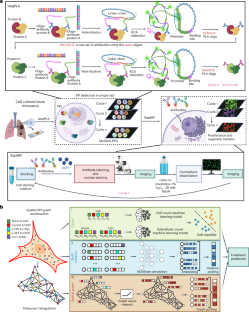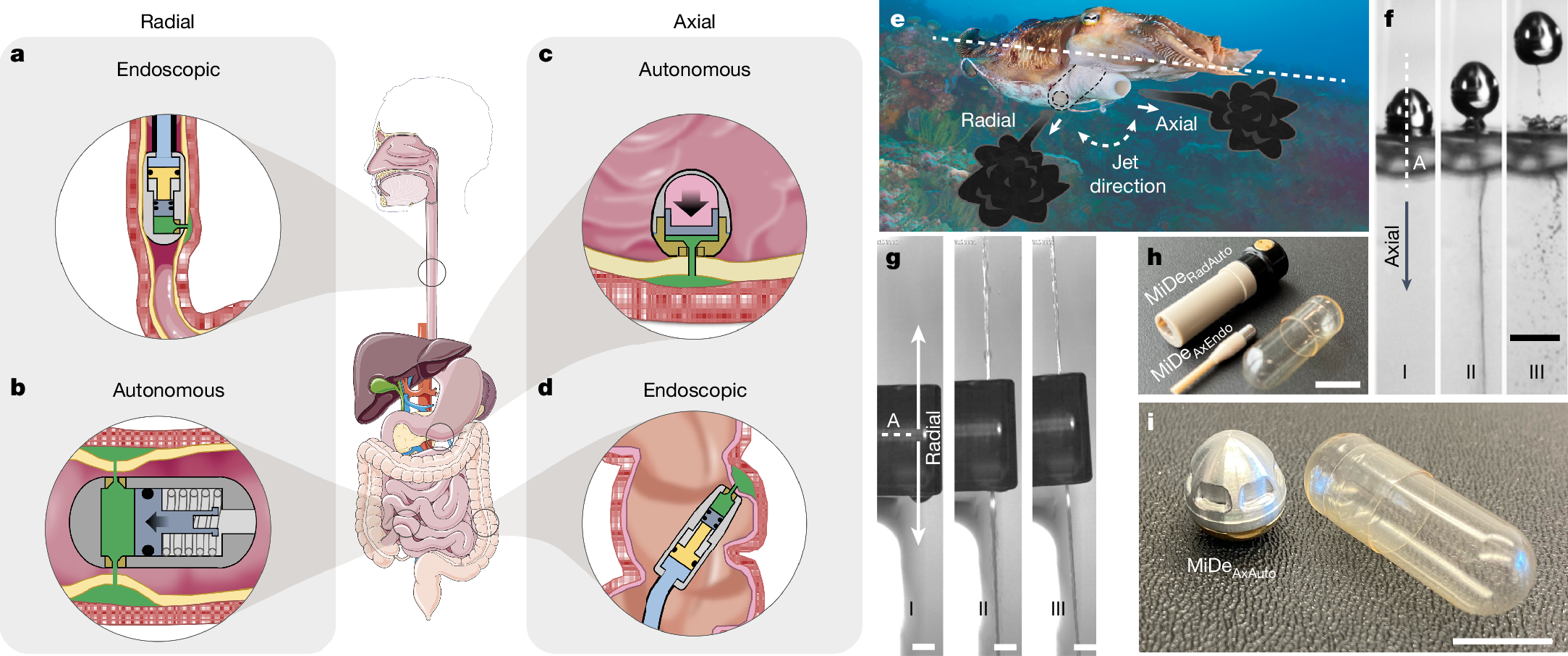2024-11-19 カリフォルニア大学サンディエゴ校(UCSD)
<関連情報>
- https://today.ucsd.edu/story/cetuximab-outperforms-durvalumab-in-treatment-of-head-and-neck-cancers
- https://www.thelancet.com/journals/lanonc/article/PIIS1470-2045(24)00507-2/fulltext
シスプラチン禁忌の局所進行頭頸部癌に対するセツキシマブまたはデュルバルマブ併用放射線療法(NRG-HN004):非盲検多施設共同並行群間無作為化第2/3相試験 Radiotherapy with cetuximab or durvalumab for locoregionally advanced head and neck cancer in patients with a contraindication to cisplatin (NRG-HN004): an open-label, multicentre, parallel-group, randomised, phase 2/3 trial
Prof Loren K Mell, MD∙ Pedro A Torres-Saavedra, PhD ∙ Prof Stuart J Wong, MD∙ Prof Julie A Kish, MD∙ Steven S Chang, MD∙ Prof Richard C Jordan, DDS PhD∙ et al.
The Lancet Oncology Published: November 14, 2024
DOI:https://doi.org/10.1016/S1470-2045(24)00507-2
00507-2/asset/89f5ad73-0424-4de0-85a8-8cca4e8e5393/main.assets/gr1.jpg)
Summary
Background
Management of patients with locoregionally advanced head and neck squamous cell carcinoma (HNSCC) when cisplatin is contraindicated is controversial. We aimed to assess whether radiotherapy with concurrent and adjuvant durvalumab would improve outcomes compared with radiotherapy with cetuximab.
Methods
NRG-HN004 was designed as an open-label, multicentre, parallel-group, randomised, phase 2/3 trial with safety lead-in conducted at 89 academic and community medical centres in North America. Eligible patients were aged 18 years or older with American Joint Committee on Cancer 8th edition stage III–IVB p16-negative HNSCC or unfavourable stage I–III p16-positive oropharyngeal or unknown primary carcinoma, who had a contraindication to cisplatin (Eastern Cooperative Oncology Group [ECOG] performance status 2, renal or hearing impairment, peripheral neuropathy, aged at least 70 years with moderate or severe comorbidity, or aged younger than 70 years with severe comorbidity). Patients were randomly assigned (2:1) by permuted block randomisation (multiples of 6) to intravenous durvalumab 1500 mg starting 2 weeks before radiotherapy then every 4 weeks starting week 2 of radiotherapy (seven cycles) or intravenous cetuximab 400 mg/m2 1 week before radiotherapy then 250 mg/m2 weekly beginning week 1 of radiotherapy (eight cycles), with intensity-modulated radiotherapy (70 Gy in 35 fractions over 7 weeks). Stratification factors were tumour and nodal stage, ECOG performance status and comorbidity, and primary site and p16 status. The phase 2 primary endpoint was progression-free survival in the intention-to-treat population. There was one prespecified interim futility analysis at 50% of progression-free survival information. If the observed hazard ratio was 1·0 or more, favouring cetuximab, early stopping would be considered. Extended follow-up analysis was post hoc. This trial is registered with ClinicalTrials.gov, NCT03258554, and is closed to enrolment.
Findings
Following a ten-patient safety lead-in, the phase 2 trial enrolled 190 patients from March 12, 2019, to July 30, 2021, 186 of whom were randomly assigned (123 to durvalumab and 63 to cetuximab). Median age was 72 years (IQR 64–77), 30 (16%) patients were women and 156 (84%) were men. Phase 2 accrual was suspended in July 30, 2021, following an interim futility analysis, and permanently closed in Sept 1, 2022. The phase 3 part of the trial was not conducted. At a median follow-up of 2·3 years (IQR 1·9–3·1) for the extended follow-up (data cutoff July 31, 2023; post-hoc analysis), 2-year progression-free survival was 50·6% (95% CI 41·5–59·8) in the durvalumab group versus 63·7% (51·3–76·1) in the cetuximab group (hazard ratio 1·33 [95% CI 0·84–2·12]; p=0·89). Adverse events were similar in both groups. The most common grade 3–4 adverse events were dysphagia (26 [22%] of 119 patients in the durvalumab group vs 18 [30%] of 61 patients in the cetuximab group), lymphopenia (33 [28%] vs 20 [33%]), and oral mucositis (13 [11%] vs 11 [18%]). Four (3%) patients in the durvalumab group and one (2%) in the cetuximab group died from treatment-related adverse events (death not otherwise specified, laryngeal oedema, lung infection, and respiratory failure in the durvalumab group and sudden death not otherwise specified in the cetuximab group).
Interpretation
Our findings suggest that durvalumab did not improve outcomes compared with cetuximab in patients with HNSCC with contraindications to cisplatin. Further trials are needed to define the standard of care for this population.
Funding
US National Cancer Institute and AstraZeneca.


